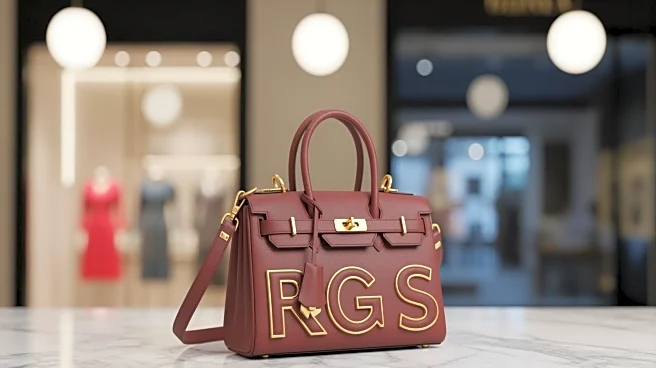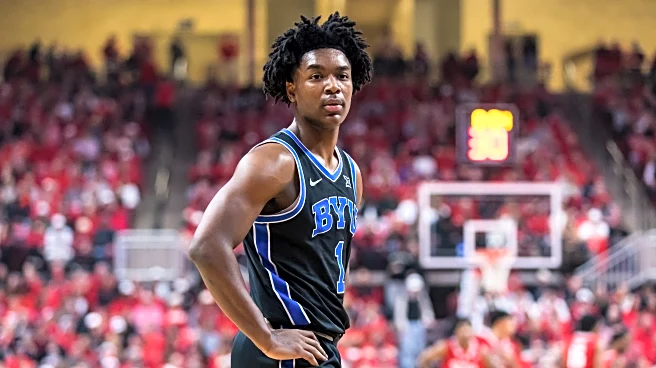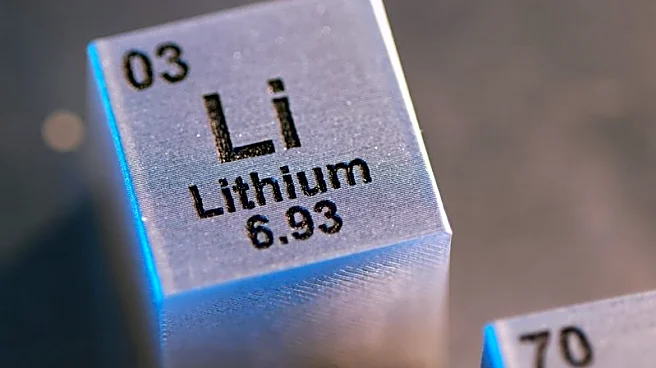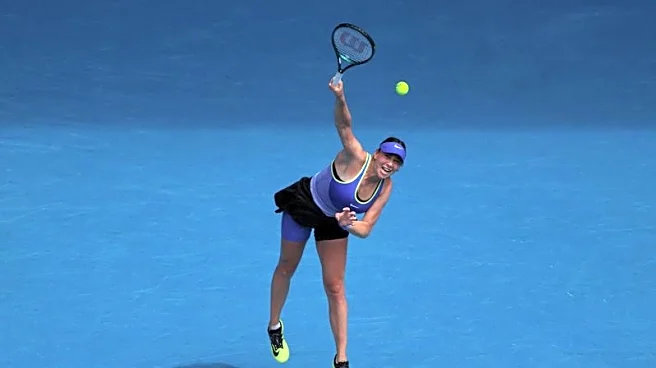What's Happening?
Gucci has achieved a legal victory in its ongoing battle against counterfeit goods, securing a $1.3 million judgment against Lord & Taylor Ecomm LLC. The federal court in New York issued a permanent injunction against the retailer, prohibiting it from
infringing Gucci's trademarks. The case began in November 2023 when Gucci America, Inc. filed a lawsuit alleging that Lord & Taylor Ecomm was selling counterfeit Gucci items online. Despite initially participating in the case, Lord & Taylor Ecomm ceased its involvement, leading to a default judgment in August 2024. The court found the retailer in civil contempt for ignoring previous court orders, but did not impose additional monetary penalties.
Why It's Important?
This judgment underscores the challenges luxury brands face in combating counterfeit goods, particularly in the digital retail environment. The case highlights the willingness of U.S. courts to enforce trademark protections and issue financial remedies against infringement. For Gucci, the ruling represents a significant step in protecting its brand integrity and deterring future counterfeiting. The decision also serves as a cautionary tale for other retailers, emphasizing the legal risks associated with selling counterfeit products. As digital platforms continue to evolve, luxury brands must remain vigilant in safeguarding their trademarks and pursuing legal action when necessary.
What's Next?
Following the court's decision, Lord & Taylor Ecomm is required to comply with the injunction and cease all infringing activities. Gucci may continue to monitor the retailer's compliance and take further legal action if necessary. The case may also prompt other luxury brands to intensify their efforts against counterfeit goods, potentially leading to more litigation in the sector. Additionally, the ruling could influence digital platforms to implement stricter measures to prevent the sale of counterfeit products, thereby protecting both consumers and brand owners.
Beyond the Headlines
The case highlights broader implications for the retail industry, particularly the role of digital platforms in facilitating counterfeit sales. As e-commerce continues to grow, brands may need to adopt more sophisticated strategies to detect and prevent counterfeiting. This could involve leveraging technology, such as artificial intelligence, to identify counterfeit listings and enhance brand protection. Furthermore, the legal precedent set by this case may encourage other brands to pursue similar actions, potentially leading to increased collaboration among luxury brands to combat counterfeiting collectively.


















